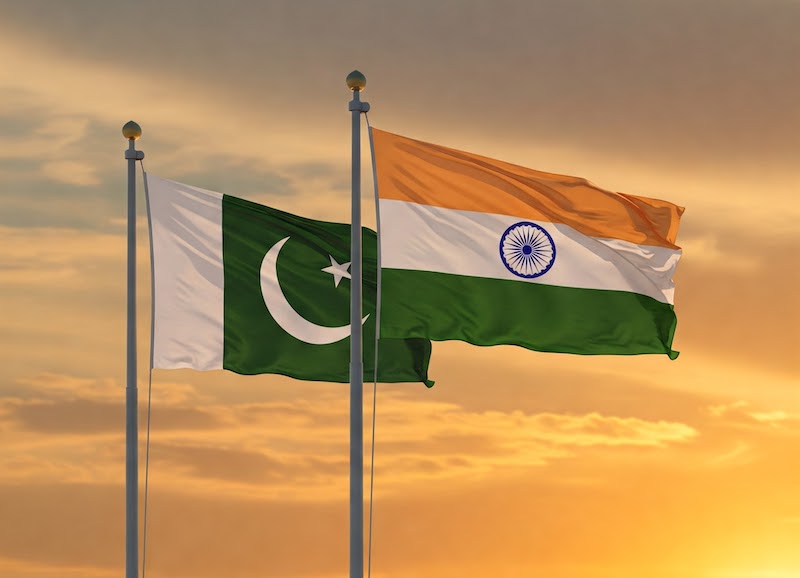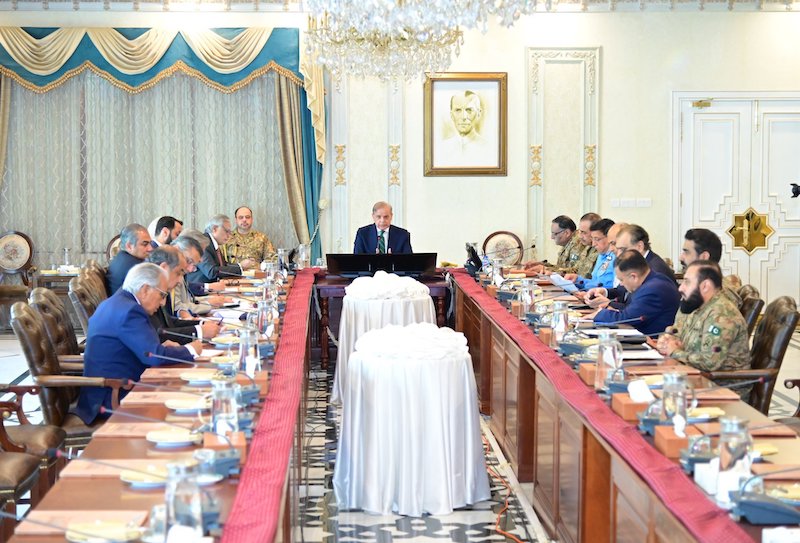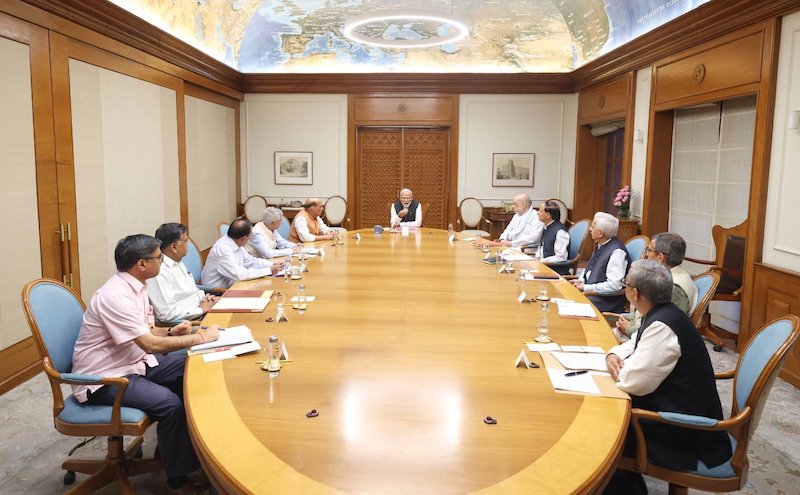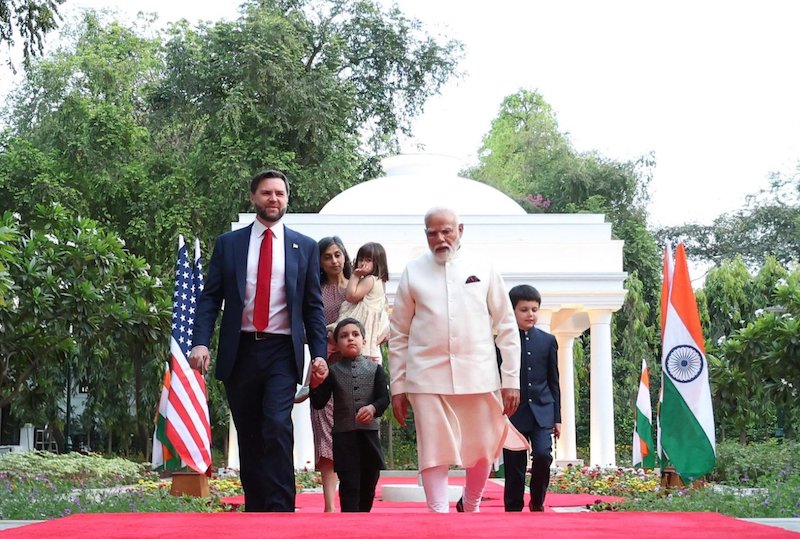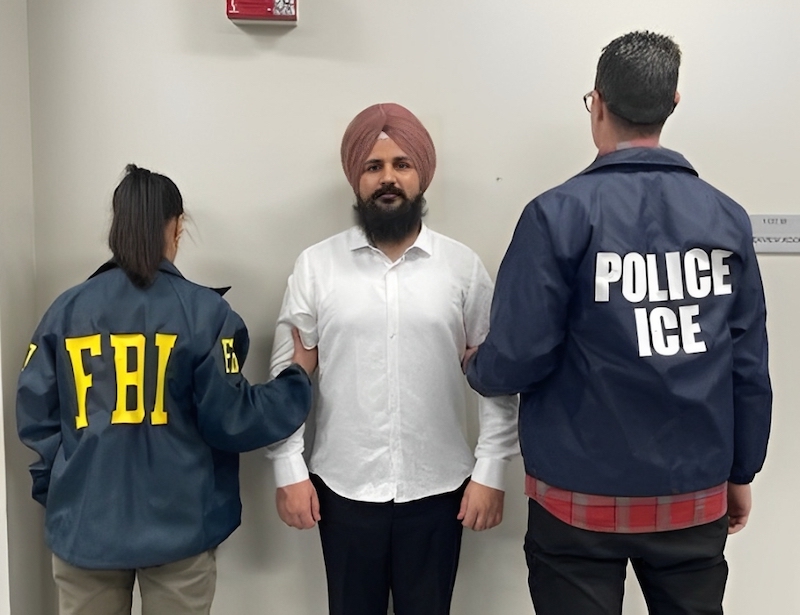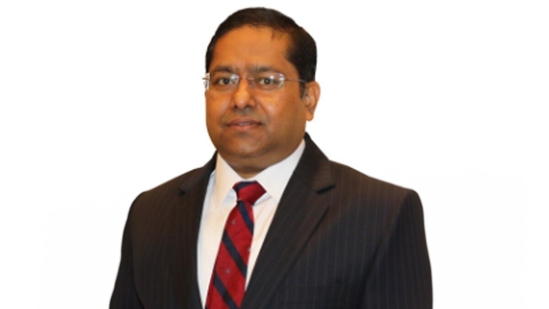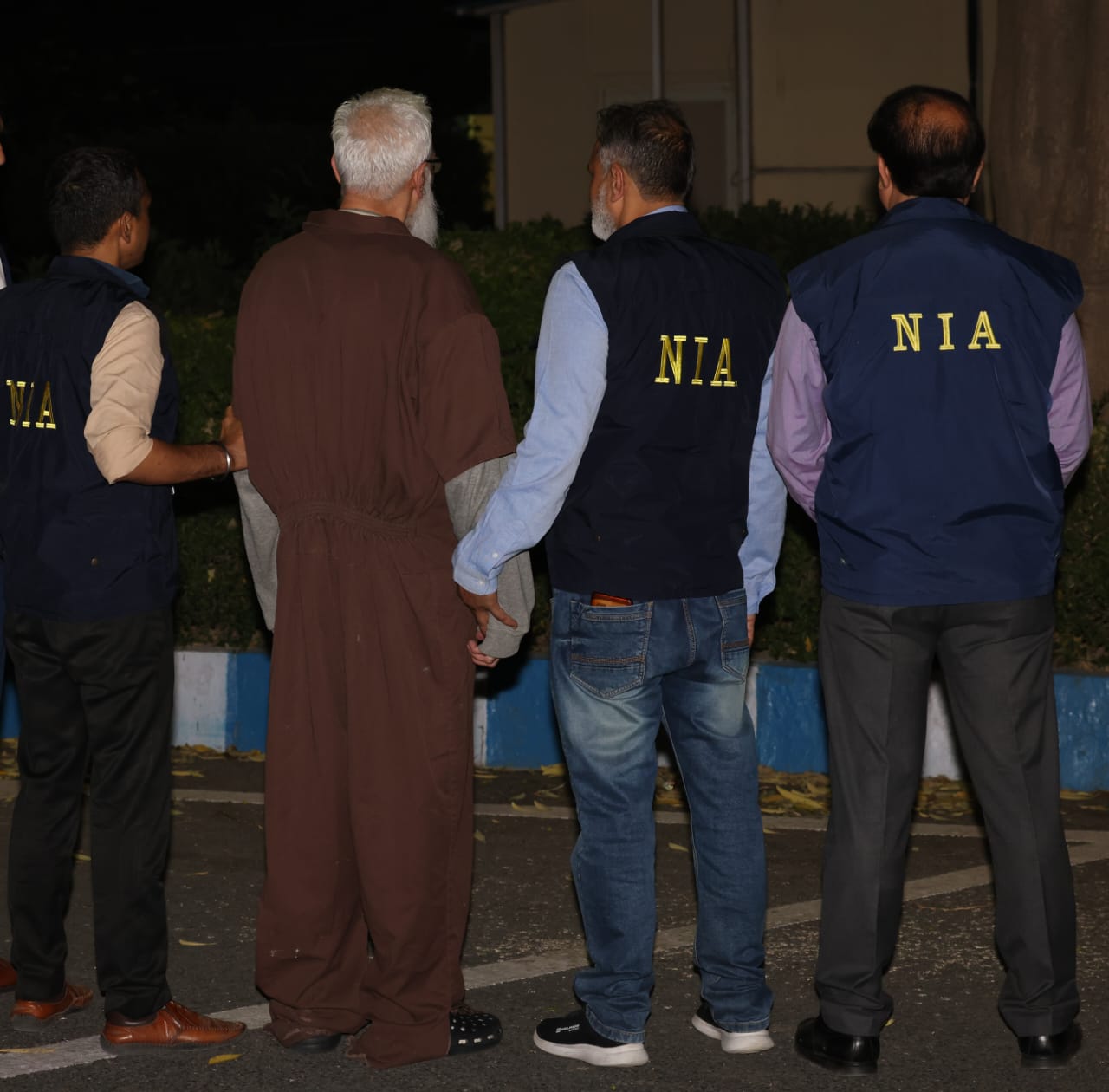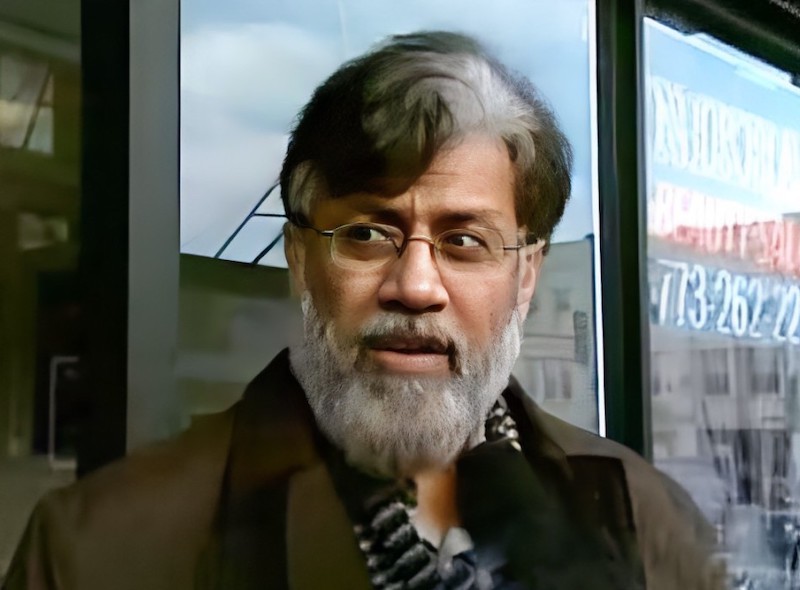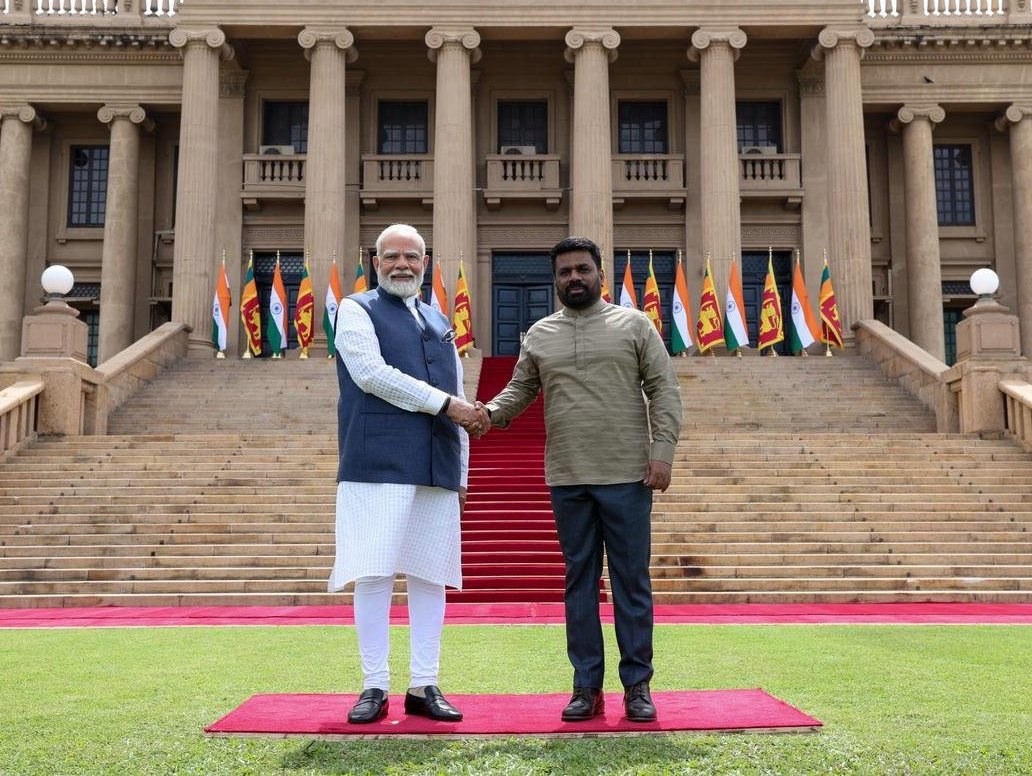 Narendra Modi (L) and Olaf Scholz met twice in 2022 and are scheduled to meet twice again this year. (Photo: Twitter)
Narendra Modi (L) and Olaf Scholz met twice in 2022 and are scheduled to meet twice again this year. (Photo: Twitter)
New Delhi: As the German chancellor, Olaf Scholz, prepares to make his first visit to India after he assumed office, one of the issues that he is likely to discuss with the prime minister, Narendra Modi, is the ongoing conflict in Ukraine.
Before the chancellor’s February 25 visit, the German ambassador to India, Philipp Ackermann, while talking to reporters on Wednesday, said, “I am pessimistic about Russia’s intention to end the conflict. President Putin’s speech in Moscow, on Tuesday, was aggressive. Sanctions that are imposed are temporary and can be lifted based on the response of the country. But Putin isn’t willing to change.”
Currently, Germany along with many other European countries are preparing to vote against Russia in the United Nations general assembly. However, they aren’t sure of which way India would move on this. It may be noted that last time, India abstained from voting against Russia over its Ukraine invasion.
Talking on this, Ackermann said, “The decision to vote for, against or abstain is a sovereign decision. We can’t say much about it. It’s the same way as India’s decision to buy oil from Russia as it comes at a low cost, their decision is final.”
Scholz’s visit
The German chancellor will visit India with a large business delegation comprising 12 business leaders, including the CEOs of companies like SAP and Seimens. The chancellor and the prime minister, Modi, are scheduled to meet business leaders from both countries together. Cooperation in the defence sector would be on the agenda too.
While highlighting that there were over 2,000 German businesses in India, Ackermann said, “Our bilateral trade is $30 billion now and we hope to increase it. We are also looking at the India EU FTA getting a boost and moving ahead.”
It may be mentioned that Modi and Scholz met twice in 2022. Even in this year, they are scheduled to meet twice – on February 25th and then for the G20 summit in September.
Indian students in Germany
Talking about Indian students studying in Germany, Berlin’s ambassador to New Delhi said, “Germany needs skilled labour and has approved migration from India. At present, 35,000 Indian students are in Germany and 18,000 more are in the pipeline.” Ackermann then added, “After completing their studies students get a year to apply for a job. And once they get it, a work visa is issued.”

